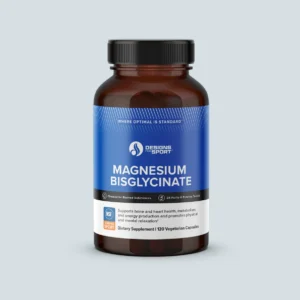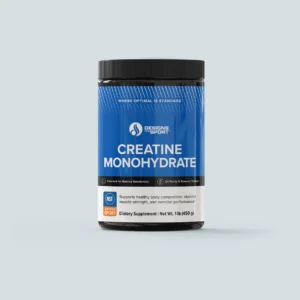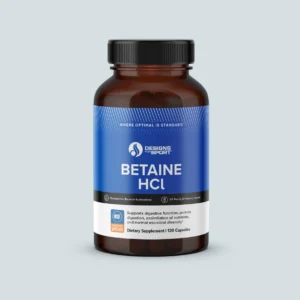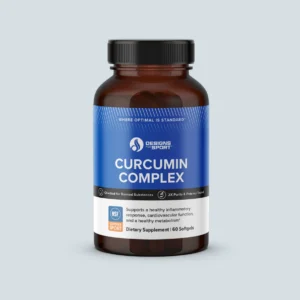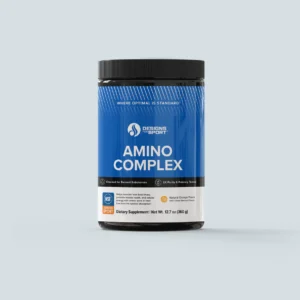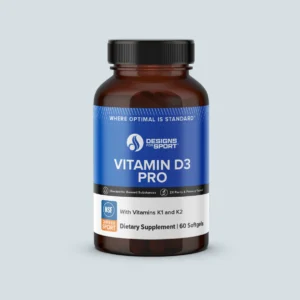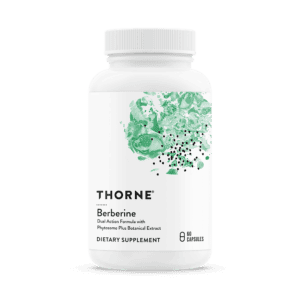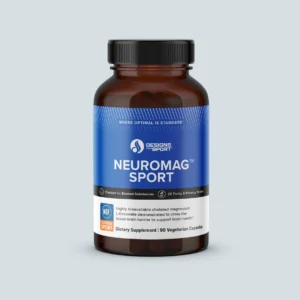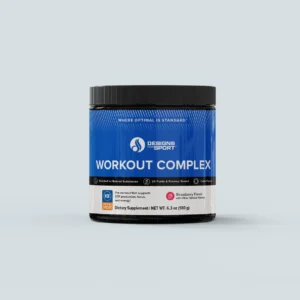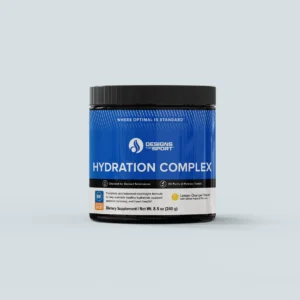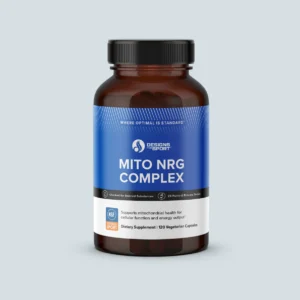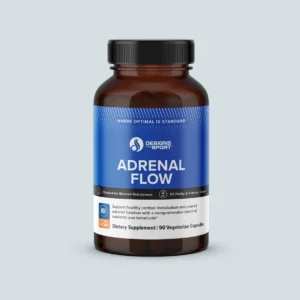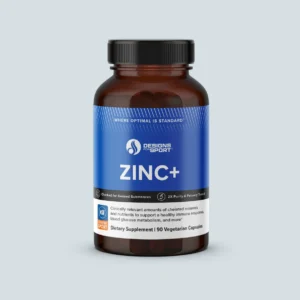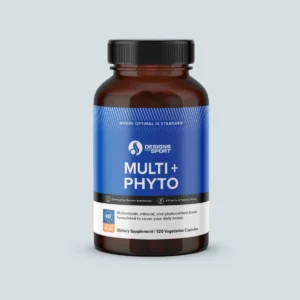Glutamine and why it should be a part of your day!
Home »
Do you suffer from gut issues that just don’t seem to get better no matter what you do?
Is your recovery from training sessions less than optimal or is you strength and stamina lacking?
Do you always get sick, particularly when you change or increase your training?
If you answered yes to all of these, then my question to you is are you taking glutamine as part of your daily supplement regime? If your answer is no, then you are missing out!
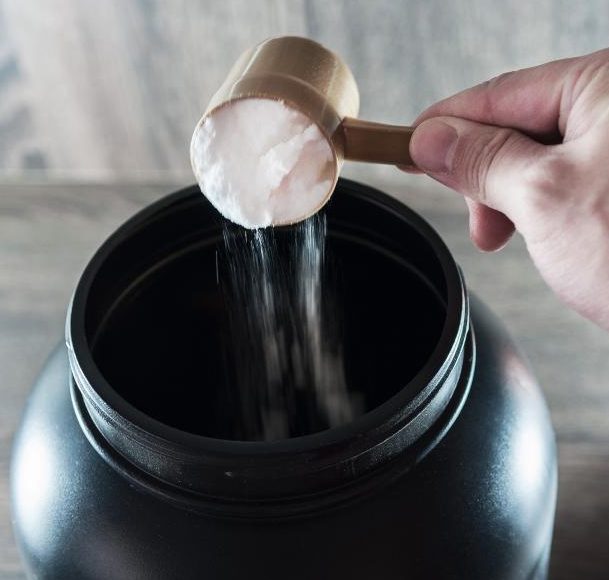
Glutamine is one of the most intriguing amino acids due to its ability to adapt to what your body needs at any given time. Sixty percent of your body’s glutamine is contained within your skeletal muscle. These levels are significantly depleted during intense training, which results in decreases in strength, stamina and recovery. However, as you will see, a lack of glutamine can also Impact on a number of other body processes outside of the muscle-building realm.
So what can glutamine do for you?
I could talk all day about the benefits of glutamine both for your general health and training, however I will just touch on the key reasons you should be taking a daily dose of glutamine.
Restoration of skeletal muscle protein
As mentioned, during intense workouts your glutamine levels decline meaning you have to replenish your levels in the period following your workout. Glutamine plays a key role in protein synthesis helping to repair and build muscle. Glutamine’s role in protein synthesis may help to prevent your body using your muscle to provide other cells in the body with glutamine. The beauty of glutamine is it also exerts an anti-catabolic (preventing breakdown) in muscle tissue by counteracting the effects of the stress hormone cortisol, which increases during and after exercise. If not controlled elevated cortisol levels will result in greater muscle breakdown…not something you want!
Replenish glycogen (stored glucose)
During your workout, not only do you levels of glutamine decline, so to do your muscle glycogen stores. Consumption of glutamine post workout may accelerate muscle glycogen (stored carbohydrates/glucose) synthesis and the restoration of energy levels following training. Glutamine plays an important role as a substrate (ingredient) for glucose formation and is also a regulator of the process thereby increasing glucose production and muscle glycogen storage.
Leaky gut
Glutamine is one of the most important nutrients for your gut. The magic of glutamine is it has the ability to repair ‘leaky gut’. Leaky gut is a condition whereby contents of the gut (food and toxins) are able to leak out due to increased permeability of the lining of the intestines.
One of the primary causes of leaky gut in the modern diet is gluten. Consumption of gluten causes an increase in a protein known as zonulin. Zonulin is responsible for regulating the permeability of tight junctions in the gut, which control what passes through the lining of the intestine. An increase in zonulin is associated with greater permeability of the gut lining and ultimately more leakage of the gut contents. The leaked contents are then absorbed into the bloodstream and transported to the liver (toxins) or travel in the bloodstream and eventually affect other body systems causing inflammation, in areas such as your joints. Put simply the consumption of gluten is a primary cause of inflammation in the body and associated issues, such as ‘leaky gut’.
Loading with 10g glutamine 5 times a day for 2 weeks (and eliminating gluten) can assist with repairing the damage caused by gluten to the gut lining and minimise the risk of leakage of the gut contents. Glutamine helps to seal those tight junctions and reduce the amount of oxidative stress on the body caused by the effects of leaky gut.
Sugar cravings
The brain’s preferred source of energy is glucose (from carbohydrates), however this does not mean it cannot use other forms of energy to keep you focused, alert and concentrating on the task at hand. Glutamine is one of those other forms of energy the brain can use, which is great news, especially if you are lowering the amount of carbohydrates (broken down into glucose) in your diet and/or dealing with sugar cravings. Loading with glutamine as stated above will help you to transition to a diet lower in carbohydrate and address those sugar cravings potentially accompanying such a decrease. In addition to this, any time you have sugar cravings take 10g of glutamine and you will find the sugar cravings subside.
Immune system
Seventy-five percent of your immune system is in your gut; therefore maintaining optimal gut health is essential for preventing illness. Like glutamine can fuel the brain, it also provides a fuel source for rapidly dividing cells and is the primary energy for the immune system. This is not only beneficial when you are working to build muscle, but it is also important in maintaining a strong immune system. Taking a dose(s) of glutamine each day helps to maintain adequate cell volume, hydration and overall cell health, which may minimise your risk of coming down with any bugs you may come into contact with!
How much glutamine should I be having?
Like with all supplements dosage is rather individual, however between 5-10g 2-3 times per day would be a great starting point. The best time to take glutamine is first thing in the morning, post workout and at night before bed.
When choosing a glutamine supplement it is important to select a pharmaceutical grade product to ensure the purity and quality of what you are putting into your body. This is especially important since it is a supplement you will be using frequently.
As you can see glutamine is important for everyone, not just your bodybuilding folk! With an endless number of benefits there is no reason glutamine shouldn’t be apart of your daily supplement regime!
1. Blum, Susan. 2013. Immunity and Autoimmunity: A Four Step Program for Restoring Immune Health and Treat Autoimmune Disease. Published by Scribner.
2. Duggan, C., Gannon, J, and Walker, W.A. Protective Nutrients and Functional Foods for the Gastrointestinal Tract. Am J Clin Nut. 2002; 75: 789-808.
3. Gleeson, M. Dosing and Efficacy of Glutamine Supplementation in Human Exercise and Sport Training. Journal of Nutrition. 2008. 138 (1), 2045S-2049S.
4. Soeters, P., Grecu, I. Have We Enough Glutamine and How Does It Work? A Clinician’s View. Annals of Nutrient Metabolism. 2012; 60 (1): 17-26.
Turn Your Goals into Reality! Contact Us today
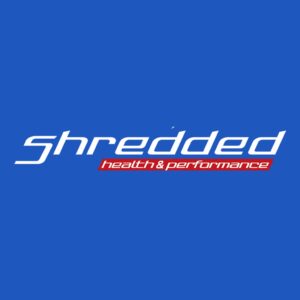
Shredded APP
Book into classes, manage your membership, passes, book our private recovery spaces and MORE! All you need to do is download and log in to the Shredded App!
Meet the team
At Shredded, we take care of our coaches so they can take care of you. Our team is on hand to support you while you train and help you as you progress towards your goals.









